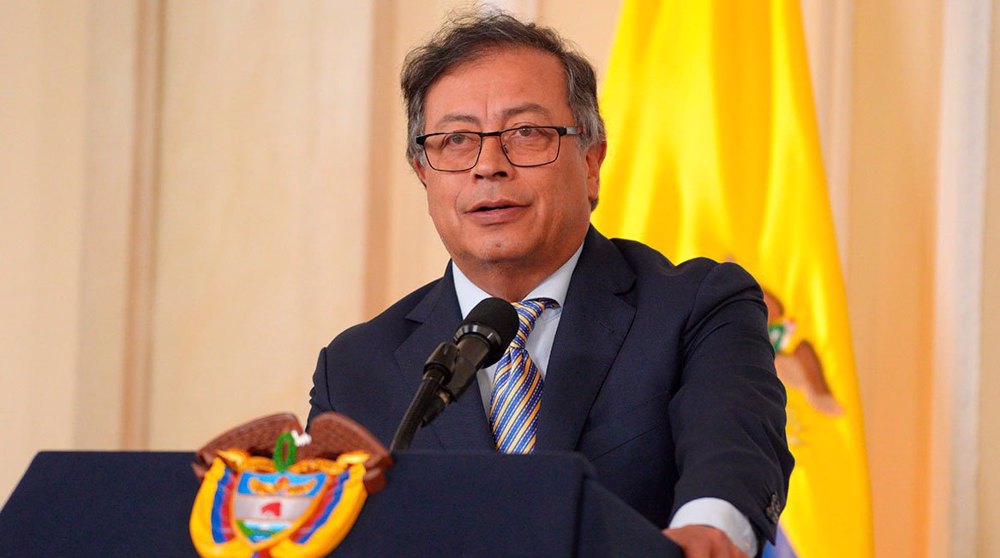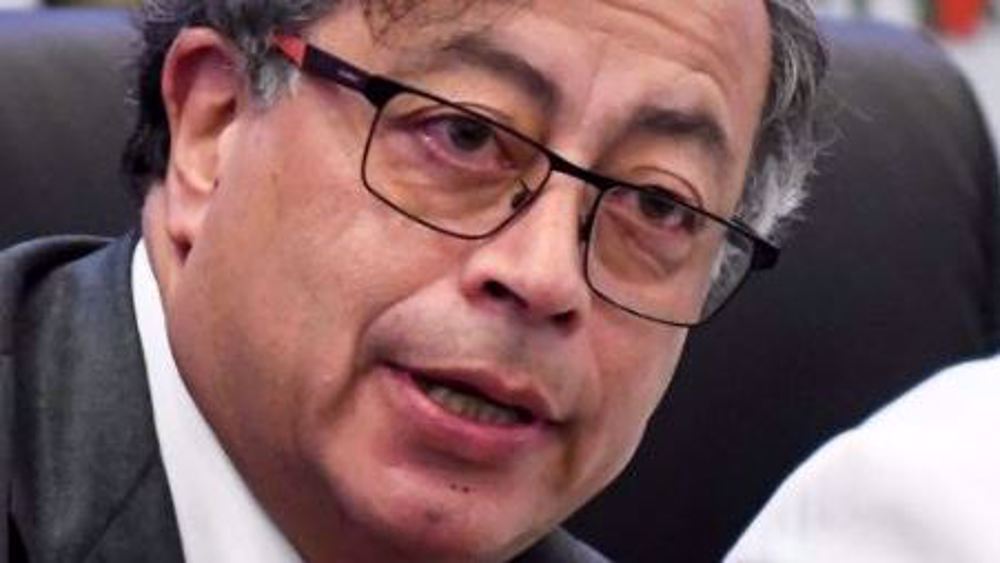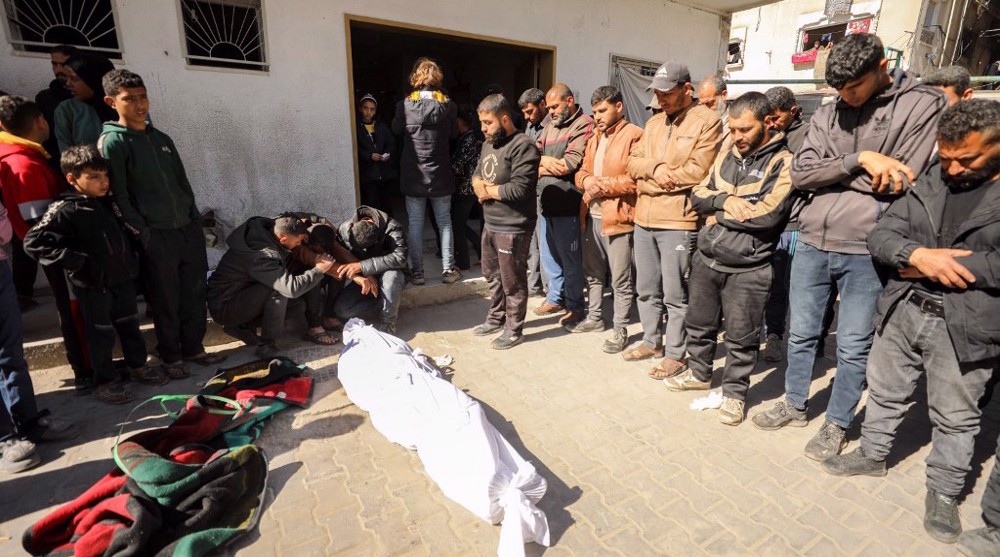Colombian Congress ratifies government peace accord with FARC rebels
Colombia’s Congress has unanimously ratified a revised peace deal reached between the government and the Revolutionary Armed Forces of Colombia (FARC) group, in an approval that is almost certain to end over a half-century of hostilities in the Latin American country.
The lower house of the Congress of the Republic of Colombia, known as the House of Representatives, voted 130-0 in favor of the agreement in a Wednesday night session, completing congressional action a day after the Senate accepted the text in a unanimous vote of 75-0.
After the session, President Juan Manuel Santos said the vote provided “landmark backing” for the peace agreement that his government had diligently worked to put together, twice.
A first deal, negotiated for some four years, was rejected by a razor-thin margin in a referendum on October 2. Opponents, led by ex-president Alvaro Uribe, insisted that it was too lenient on the rebels and would have given them seats in the Congress instead of sending them to prison for crimes committed during their deadly armed conflict with the government.
The Colombian government and the rebels, then, returned to the negotiating table to address such concerns.
The latest version of the deal, a 310-page document, was finally signed by Santos and FARC leader Rodrigo Londono, better known as Timochenko, on November 24, during a sober ceremony at Bogota’s historic Colon Theater.
Santos, who won the 2016 Nobel Peace Prize for his efforts to reach the original deal even as it was rejected, then shrewdly decided to submit the revised agreement to the Congress for approval rather than call another referendum, angering Uribe and like-minded critics of the peace deal, who remain likely to try other ways to potentially hinder it.
Uribe’s supporters in the parliament had boycotted the voting session at the Senate on Tuesday.

According to the agreement, the 7,000-member FARC must start to move toward designated transitional zones in five days, and it also must hand over all its weapons to the United Nations representatives within the next six months. During the countdown period, the rebels also have to form a political party.
During the past two months, Colombia has been the scene of a number of rival protests held by the advocates and the opponents of the deal.
Despite continued opposition, the deal remains most likely to end some 52 years of violence between the leftist guerrilla organization and the Colombian government.
The decades-old conflict in the Latin American country has killed at least 260,000 people, left some 60,000 missing and displaced seven million others, according to official figures.
It could take 14 years to remove debris left by Israel war on Gaza: UN
Iran, China discuss military cooperation
Sanders to Netanyahu: 'Don’t insult American people’s intelligence'
Tehran economic conference: Raeisi hails Iran-Africa expansion of ties
VIDEO | Press TV's news headlines
Severe heat wave hits India as phase 2 of polling begins
What to expect after President Raeisi's visit to Pakistan
China describes Iran as ‘strategic partner' in West Asia













 This makes it easy to access the Press TV website
This makes it easy to access the Press TV website